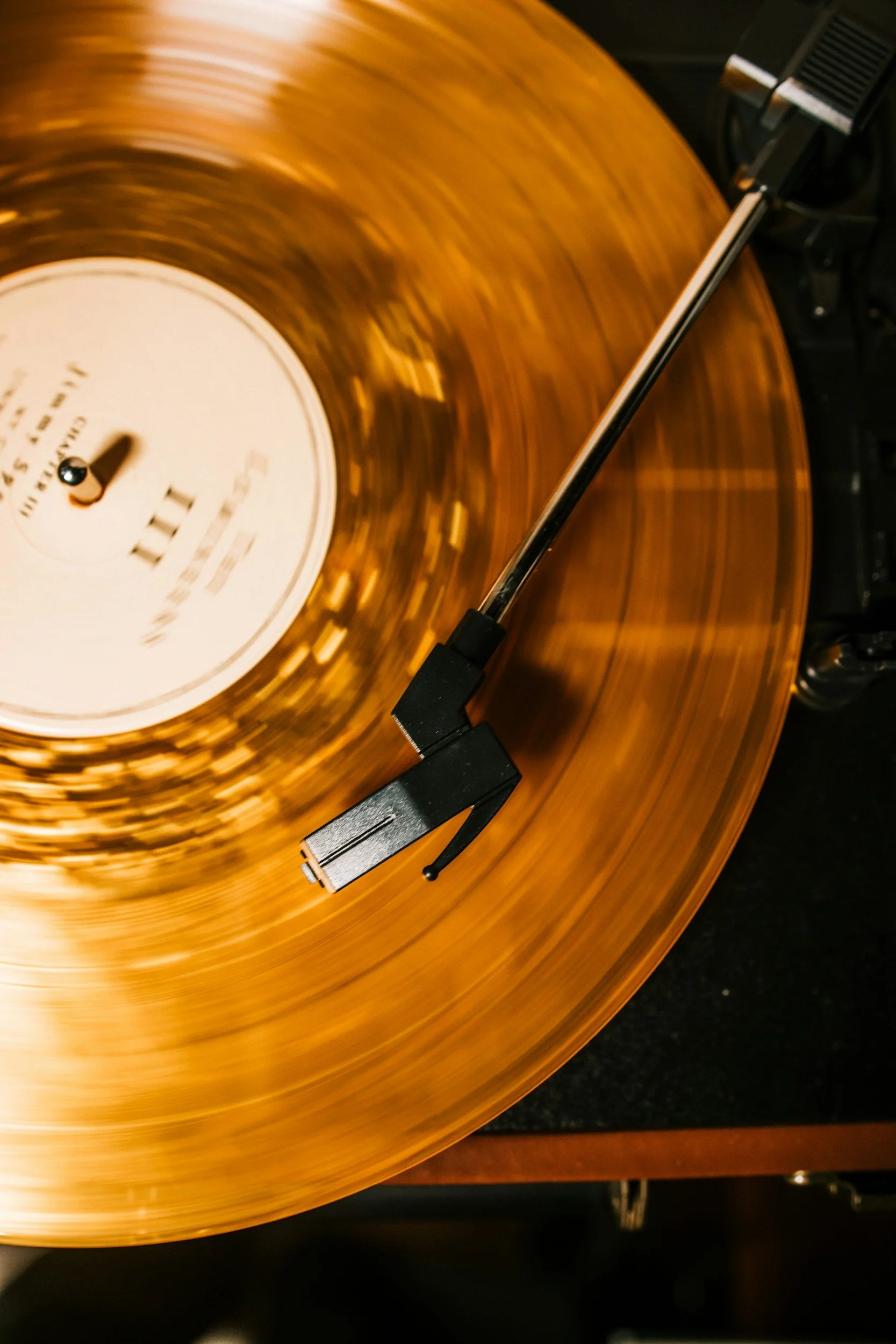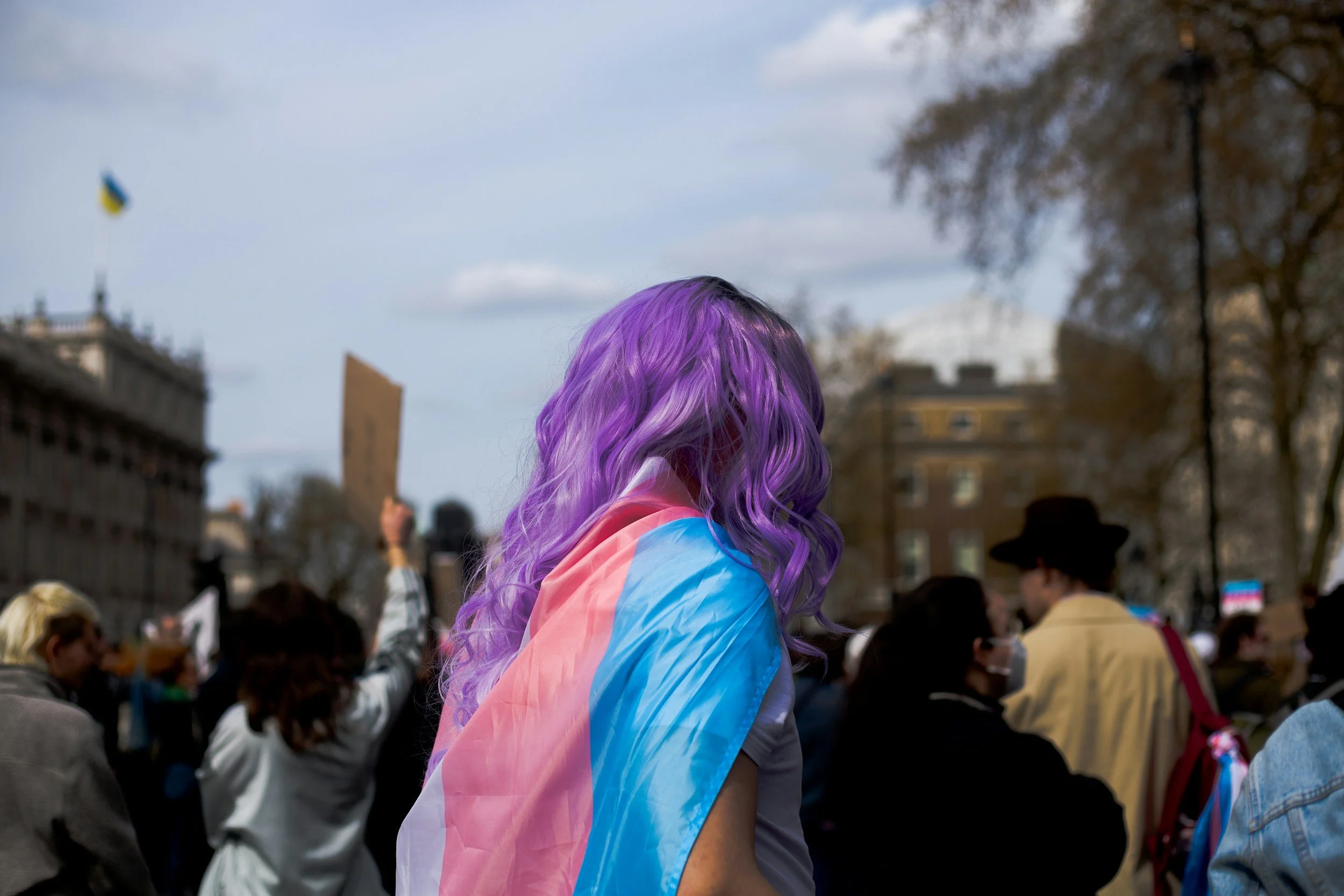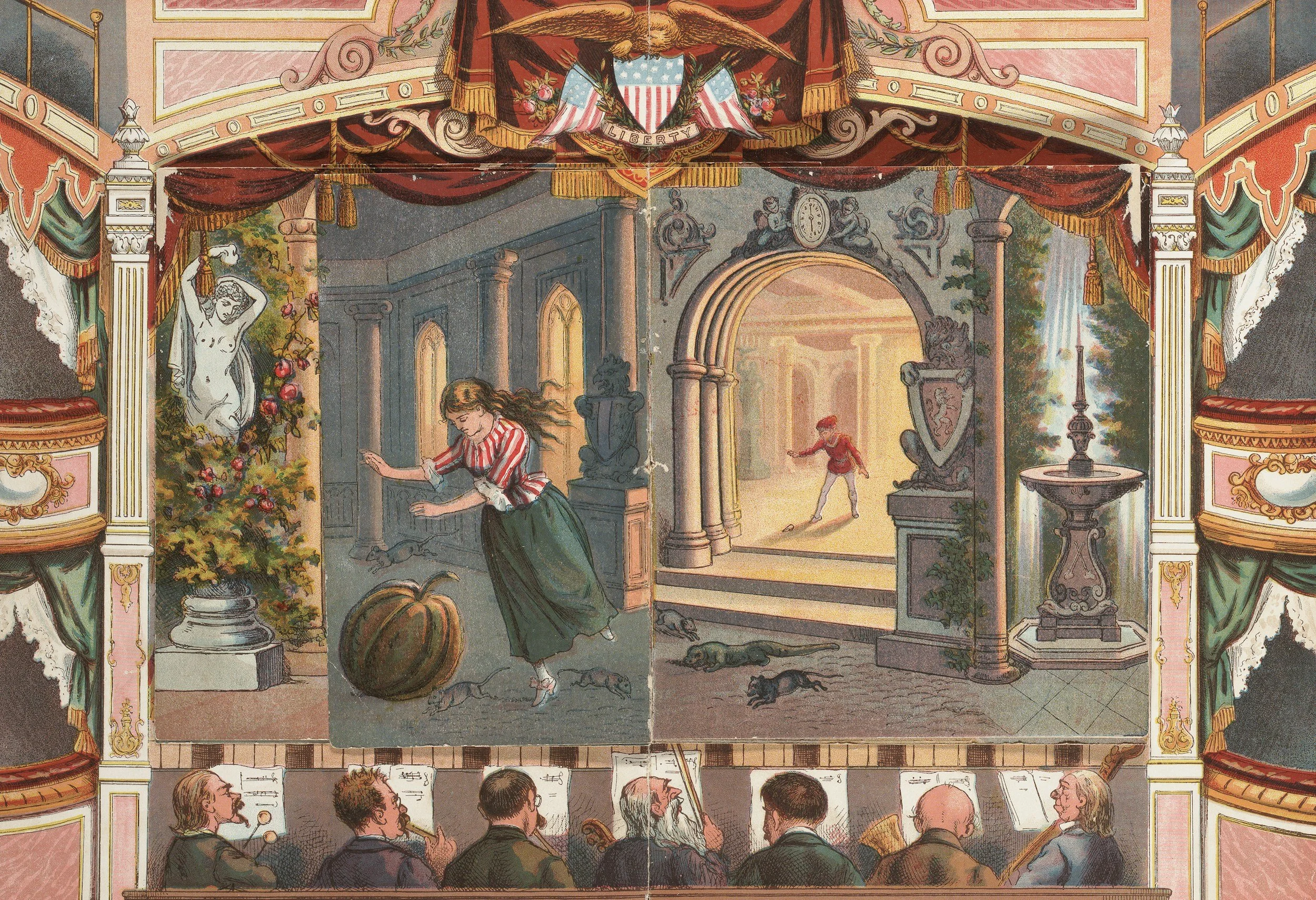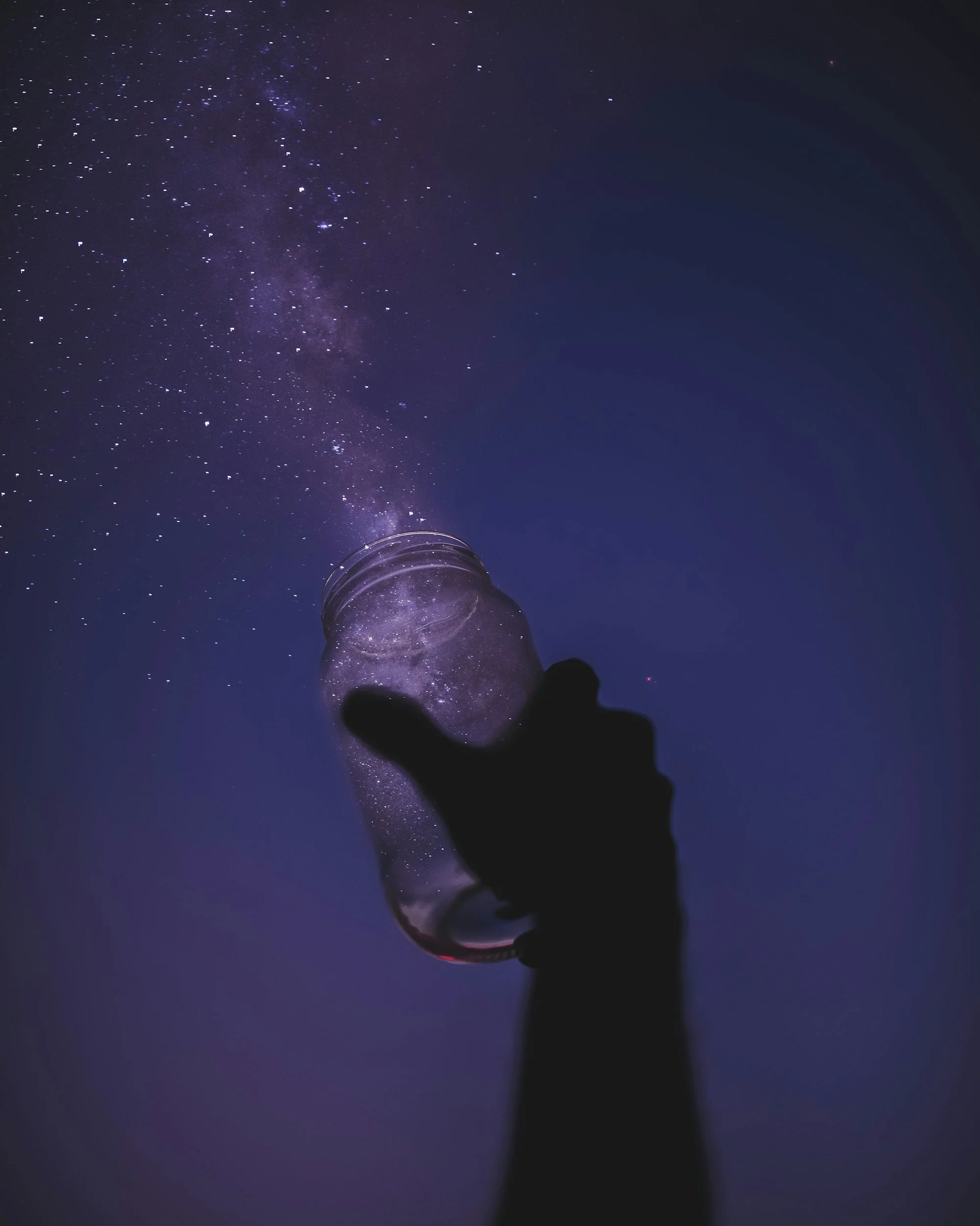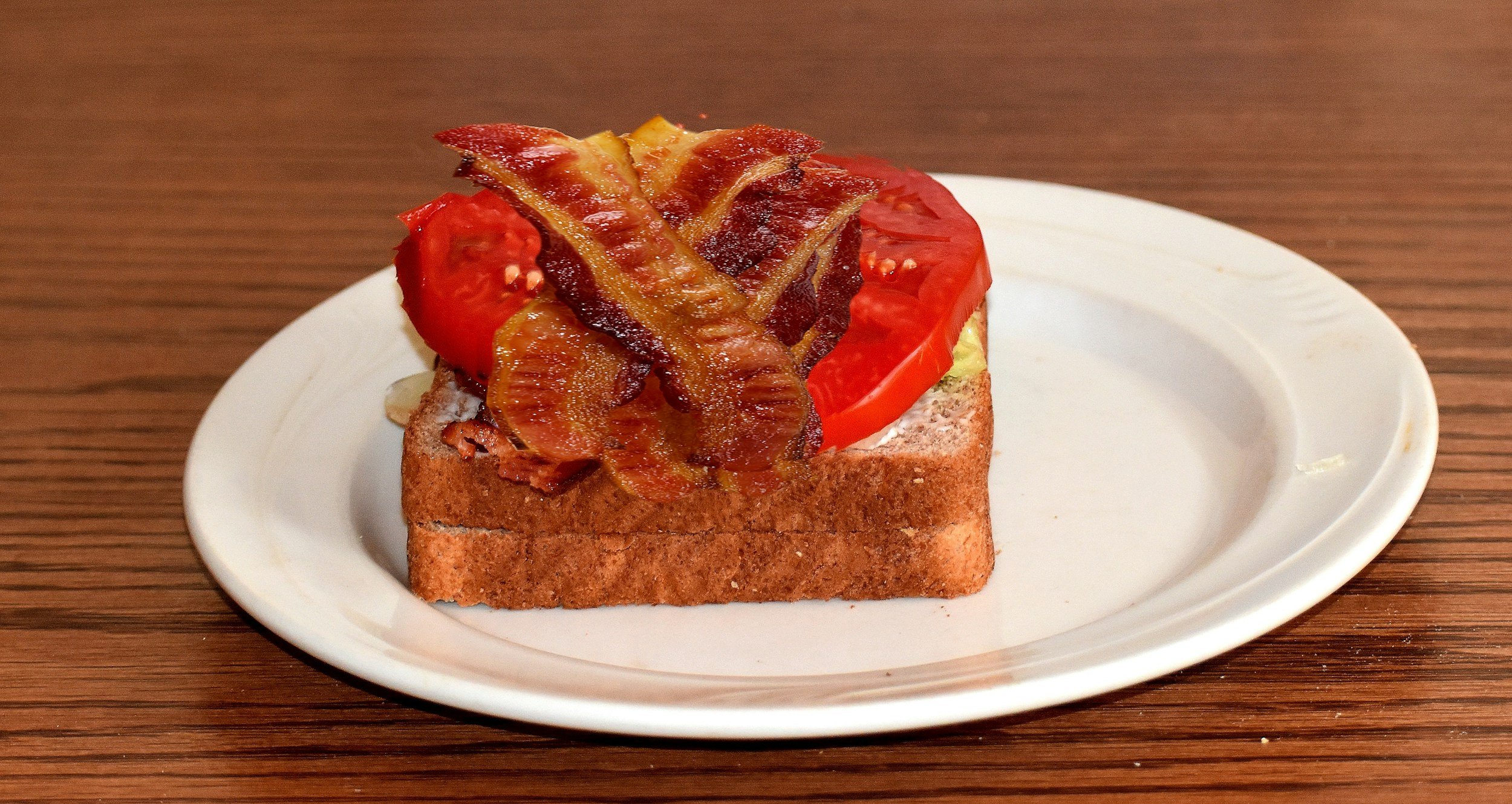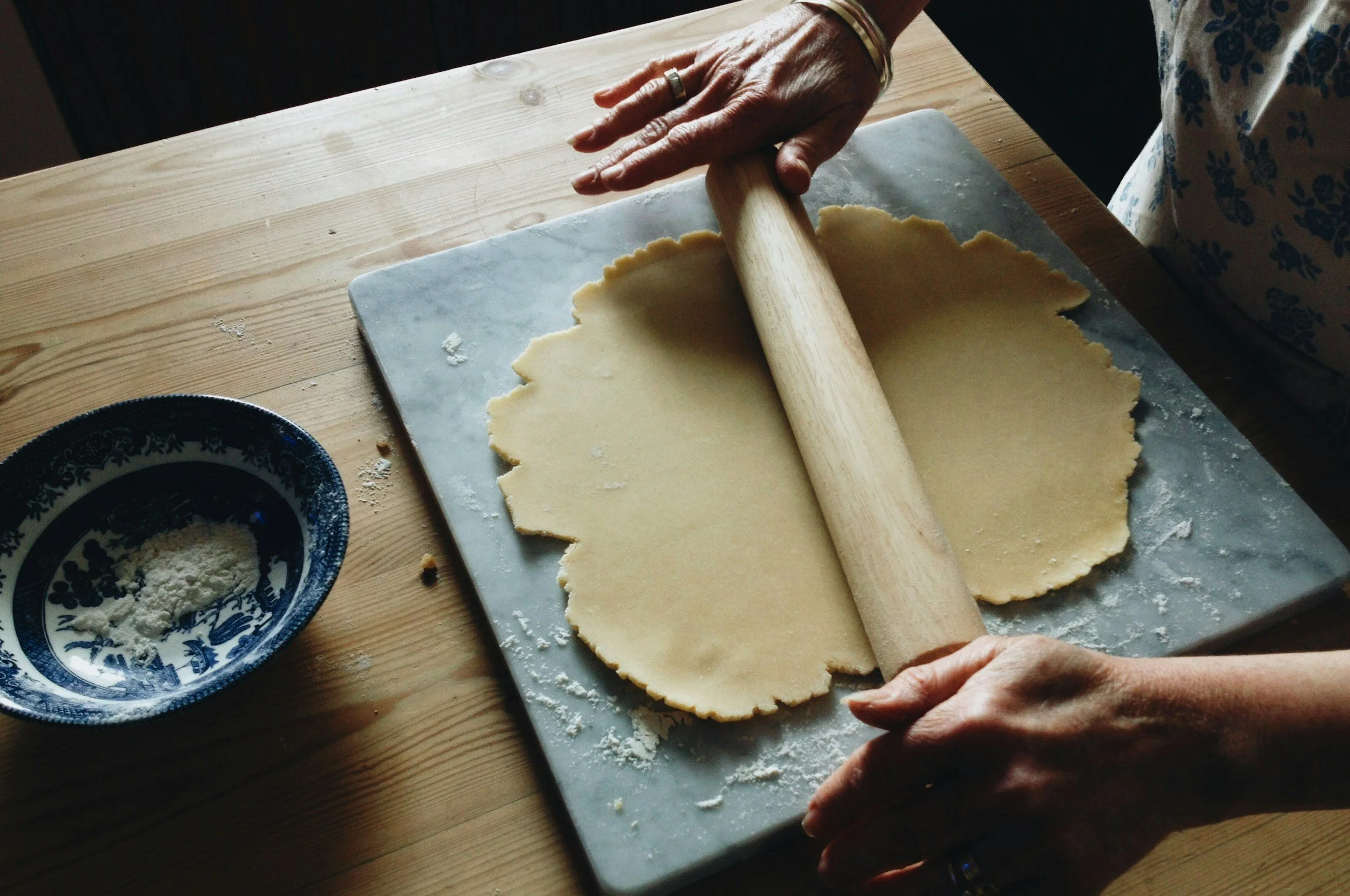Dangerous Curves
Dr. Thompson was feeling my breasts. Sitting on the table in his exam room with my gown dropped to my waist, I was embarrassed to have him touch me. I was embarrassed just to be at the appointment. My body developed curves early. In seventh grade, when most girls had flat chests, I wore a C-cup bra and hid in the corner of the locker room to change before and after gym class. By fifteen, my 34D chest was a health concern.
“I think she’s a good candidate for surgery,” Dr. Thompson said to Mom, talking like I wasn’t in the room after he became the first man to cup my breasts. “You could wait to see if she grows more but I think you would be safe to go ahead with surgery now.”
Dr. Thompson was a plastic surgeon, a thin man with bright eyes who was a long-distance runner and who valued athleticism. I played softball with his daughter Linda. During one of our games, he told Mom that breast reduction surgery might help my performance. I was humiliated to know that while I was walking up to bat, the talk on the bleachers was my boob size, even though Dr. Thompson meant well. His assessment was accurate. My breasts did get in the way. When I played softball or golf, I adjusted my stance so my arms could swing free and hard and not hit the speed bumps on my chest. During basketball games, my boobs bounced more than the ball on the court. I purposely ran slower with my back hunched to pull my body inward, hoping to reduce the distraction.
“How would she look after surgery?” Mom asked.
“I can’t tell you exactly what size, but she’d probably be a C-cup,” he said. “There would, of course, be some scarring.” He pulled out a brochure to show us before-and-after pictures.
I stared at the images while holding my breath. The women in the “after” photos looked like Dr. Frankenstein stitched them. Deep, dark lines extended from the bottoms of their areolas to underneath their breasts, where another incision ran from one side to the other. The marks from needle and thread sewing the cut-up skin remained.
“The other long-term effects would be with her nipples. She would lose sensation and never be able to breastfeed.”
“Ohhhh,” Mom said. The scars didn’t seem to bother her, but she was concerned about making decisions that I may regret if I had a baby. I was still reeling from the pictures of the Frankenboobs.
“All of this has to be weighed against the impact of having large breasts,” Dr. Thompson said. He put one cold hand on the top of my chest and the other on my lower back. “There’s direct tension here. The weight is causing strain so while her breasts impact her in sports now, it’s her lower back that will be a problem in the future. That’s why insurance will pay—to prevent worsening back issues.”
I pulled the gown at my waist over my shoulders to cover myself.
“A C-cup would be good,” Mom said in the car when we left the appointment. I sunk into the passenger seat, hoping to melt into the auto upholstery, hoping the car would swallow me whole. “Think of all the fun you’d have bra shopping after surgery.”
I wore 18-Hour Playtex bras modeled in TV commercials by then sixty-year-old actress Jane Russell, who hawked the benefits of comfortable girdles in the same spot. The rubber latex band and thick straps that dug into my shoulders were meant to be functional support for the aging woman. I hated the feel of the scratchy fabric, the chemical smell of the synthetic parts, and the four hook-and-eye closures that I struggled to link with my arms behind my back. But there were few options for me. The year was 1985. Madonna had become the “it” girl with her sexy lace bustiers, writhing in stage performances in seductive costumes. She was the new symbol for what was appealing, and though I didn’t want to be like her, I wanted to feel feminine, and certainly not forced to wear the same lingerie my grandmothers wore.
“It’s up to you,” Mom said. “If you want to wait, you can. But like Dr. Thompson said, the longer you wait, the more problems you’ll have.”
Every once in a while, after my visit with Dr. Thompson, Mom would ask, “Have you thought any more about breast reduction?”
I had. Every day when I put on my smelly support bra, I wished my breasts were smaller. But I wasn’t going to be a Frankenboob. I wasn’t going to cut myself just so I could go shopping for new bras when I hated the experience of clothes shopping anyway. Stop talking about my fucking boobs, I thought.
“No,” I said, giving Mom the answer I knew would stop the conversation. “I haven’t thought about it.”
My breasts weren’t the only body part I hated. I had hips, too. When I went to the mall with friends and attempted to shop in the section of trendy clothes for teens, the styles were cut for straight bodies. As an adult, I look back at my measurements with envy. I definitely wasn’t skinny, but I wasn’t overweight either. I had long legs and a small waist with a concave stomach—characteristics that were part of the problem when it came to finding clothes. Jeans never fit right: if they worked on my hips, they were big in the waist. To get the right length, I had to buy pants with elastic that I could pull down to my lower hip. This technique created a low-hanging crotch, baggy legs, and weird bunching. I felt like I should be stamped with the word “irregular,” like the clothes sold in outlet stores because they were made with known manufacturing errors.
As I was growing increasingly uncomfortable in my body, men were becoming increasingly inappropriate with their attention. Men, not boys my age. During my seventh-grade year, a man followed me in his car, stopping to offer me a ride as I left school. After this happened two weeks in a row, I told my parents, who called the police. I described the man, his car, and his words to the detective who took my statement. Local news reports warned of a serial rapist. My parents didn’t want to chance harm. From that day forward, neither my younger sister Savannah nor I was allowed to walk to or from the schools we attended.
In the summer before my sophomore year in high school, a man began telephoning Savannah and me with perverted whispers of what he wanted to do to us. He had an ominous laugh and rhythmic heavy breathing, probably from masturbating while he spoke. He waited until my parents left the house, then called a few minutes later. The difference between Savannah’s and my voice was nearly impossible to discern—even for Mom and Dad. But the obscene caller always knew which of us had answered. He knew our names and pronounced mine correctly. Most of my life, people struggled with my foreign-sounding name. But this man used the right pronunciation. These patterns showed that he was watching the house. He knew us.
After several calls, Mom contacted the police. I was only fifteen years old, yet she had already involved cops twice because of harassment from men. The detective who responded worked with the phone company to catch the offender’s number when he called, hoping to trace it back to his home. We needed to record his number three times in order for the phone company to share his information with the police. But by the next time he called, I was mad.
“If you really want to have a hot time, you should stick your dick in acid,” I yelled. I heard him gasp just before I slammed down the phone. Now I was breathing heavy. I was shaking, too. Not only was I frightened by his call, but I was also never so brash with strangers.
He didn’t call again after that. The detective said my sassiness suggested I wasn’t innocent and scared—though I was—which no longer made me good prey. I wondered if the caller could see the police cars in our driveway and worried about being caught. Whatever the reason, he stopped. A few months later, a man who rented a duplex at the end of our street was arrested for child molestation. There was no way of knowing whether he was our harasser, though we always suspected that was the case.
“What is this?” Mom shrieked at Savannah. Then, she turned to me. “Did you know about this?”
On an afternoon when I sixteen, I walked out of my bedroom to see Mom standing in the hallway between Savannah’s and my room, holding a cassette tape. One look at Mom’s face, so red that it was on the verge of turning purple, and I knew she was really angry this time.
“Did you know your sister bought a Madonna tape?”
I shook my head “no” and threw Savannah a bitchy look that said, “You’re busted.”
Though we lived with the same rules, Savannah, who was four years younger than me, was more apt to break them. She was sneaky. She found ways to hide the poor work slips she got at school, time spent meeting boys in the nearby park or shopping mall or, in this case, contraband. She was also a slob. When Mom told her to clean her room, Savannah would take her dirty laundry, homework, and anything else laying on her bedroom floor and stuff it into the cold air return vents. Her closet was stacked like a towering Jenga game. The removal of one piece of paper could send everything crashing. This is how Mom discovered most of Savannah’s crimes. When Mom hung clean clothes in her closet, the envelope requesting parental acknowledgement of Savannah’s bad grades would float to the floor. Or Mom would see something else in her periphery and sense defiance.
As Mom held the cassette in her hands, Savannah stared back with wide, surprised eyes that darted back and forth as she anxiously thought of ways to get out of this one. Her first inclination was always to lie, even though it never worked. She shrugged her shoulders in response to Mom’s question. I rolled my eyes, knowing Mom saw through Savannah’s play-dumb act.
Mom was certain we would turn into whores ready to spread our legs any minute if we listened to Madonna. After the “Like a Virgin” performance at the MTV Video Awards, Mom embargoed her music. It wasn’t the first time she instituted a ban. For my eighth Christmas, I received Donna Summer’s On the Radio: Greatest Hits Volumes I & II. If Mom heard the orgasmic moaning in “Love to Love You Baby,” she would yell, “Turn that song off.” Quickly, obediently, I moved the needle to the next song.
“Madonna? You bought a fucking Madonna tape?” Mom shouted.
“I just like ‘Isla Bonita,’” Savannah said, while again pulling her shoulders toward her ears. For once, she wasn’t lying. It truly was her favorite song, as opposed to the more popular, more controversial teenage pregnancy anthem, “Papa Don’t Preach.”
“You want to listen to this smut?” Mom said.
Mom held both sides of the tape, then snapped it in half like she was breaking a Kit Kat bar. She began pulling the tape out of the broken cassette, until she’d made a nest of polyester music and lyrics.
“That’s what I think of Madonna.”
I was on the verge of laughing, though I knew I shouldn’t. There was something satisfying when Savannah got in trouble—payback for any bratty behavior toward me. Even more importantly, if Mom was focused on Savannah, she left me alone.
When I was still in elementary school, my father ran for public office and was elected to the state legislature in my home state of Montana. It wasn’t a full-time job but instead a temporary position that required him to move from our home in Billings to the state capital of Helena once every two years. When he moved, we moved with him. By the time he won his fourth election, I was a junior in high school. Making school transitions became more difficult. My parents worked with school principals in Billings and Helena on plans that allowed me to attend just four classes a day and earn the rest of my credits through correspondence courses.
Starting when I was ten years old, I worked at the legislature in the afternoons. Both of my parents came from poor families. My dad worked for charity organizations, earning only a modest income. I helped the family situation by earning money in whatever ways I could. At first, I filed paperwork for other legislators or served as an “honorary page,” meaning I ran errands to earn tips. But each time we moved, I learned more and took on as much responsibility as I could. When I was sixteen, I managed the message center in the afternoons and evenings. This was in the days before cell phones, voicemail, and email. There was one number to call to reach or leave a message for both the legislators and lobbyists in the capital. I answered that phone.
Stanley, a lobbyist in his sixties, brought me four pounds of chocolates on Valentine’s Day.
“Would you like to go get a drink at Jorgenson’s?” he asked a few days later. Jorgenson’s was the local bar where the political set didn’t just tie one on but got blasted after long legislative days.
“I’m only sixteen. I don’t drink,” I said while thinking, he can’t be serious. Did he really believe I would go out with him? He was almost my grandfather’s age. Gross.
A few days later, he offered the same invitation. This time I told my mother what happened. She proceeded to find a lobbyist who had become a family friend and asked him to talk to Stanley. Whatever conversation transpired was effective. Stanley didn’t ask me out again. He stayed clear of my office.
Men were scaring me. In early childhood, my best friends were boys. However, I had grown shy around them. As my body developed, it worsened. I wasn’t yet a woman though I looked like one. I was ashamed that my body attracted leering looks from men. I looked away when I caught men staring. I became skilled at pretending, pretending they didn’t see me.
“Phyllis Campbell is such a bitch!” Mom said one day as we left the capital.
Phyllis Campbell was the wife of a senator. She was thin and wore her short blond hair in the kind of coifed style that never moved when she walked. If she wasn’t making snarky comments about everyone around her, she was bragging nonstop about her children, especially her daughter Penelope who was tall and thin, a high school majorette with bobbed blonde hair.
“What happened?” I asked.
“This afternoon I was sitting with the other wives,” Mom began. Long red leather couches lined the walls inside the legislative chambers. The wives of legislators sat knitting or working on needlepoint projects while watching their husbands debate. “When you walked by, she said your ass was too big to be wearing that dress.”
“She said that to you?”
“No, she said it to another wife, but loud enough that I could hear.”
“What did you say?”
“I got up and left.”
At that time in my life, I was five foot nine and weighed under 140 pounds. Given my anxiety about my breasts, I never wore clothes that were intentionally tight. I didn’t have a boney ass like Phyllis or her perfect daughter, but when I put on the shaker knit teal dress I wore that day, I felt great. I looked nice but wouldn’t draw too much attention.
“Maybe you shouldn’t wear that dress anymore.”
One minute Mom was infuriated by Phyllis’s rude commentary. Next, she was sharing her insecurity with me. In a family where other people’s perception of us was given high priority, I was constantly working to achieve more to compensate for an imperfect body. I got A grades in school and played sports and wrote a column for the school paper and took correspondence courses so I could go to school half days in order to work for the legislature. I didn’t party or get into trouble. But somehow, I was supposed to have a smaller ass even if it was counter to my frame.
I moved the teal dress that I loved to the back of the closet. I was too humiliated to wear it anymore. The next time we donated clothes to families in need, I pulled the dress off the hanger. I held it for a minute, feeling the soft cotton and looking at the deep hue. I still wanted to wear it. I wanted to go back to feeling the way I felt before Phyllis said my ass was too big. Instead, I stuffed it into the plastic giveaway bag, listening to the bag crinkle as I pushed it down, down, down to the bottom of the bag, out of sight.
-Sheree Winslow
Given the name “Many Trails Many Roads Woman” by the medicine man of her Northern Cheyenne tribe, Sheree Winslow embraces a life of wonder and wander. She’s the 2018 recipient of the Submittable Eliza So fellowship and a 2019 Chautauqua scholarship winner, among other honors. Since beginning to submit literary work in 2018, her writing has appeared in numerous publications including Brevity, The Sun “Reader’s Write” Midway Journal, Passages North, and AWP Writer’s Notebook. Sheree lives in Southern California and works in communications at UC Riverside. She received her MFA from Vermont College of Fine Arts.

